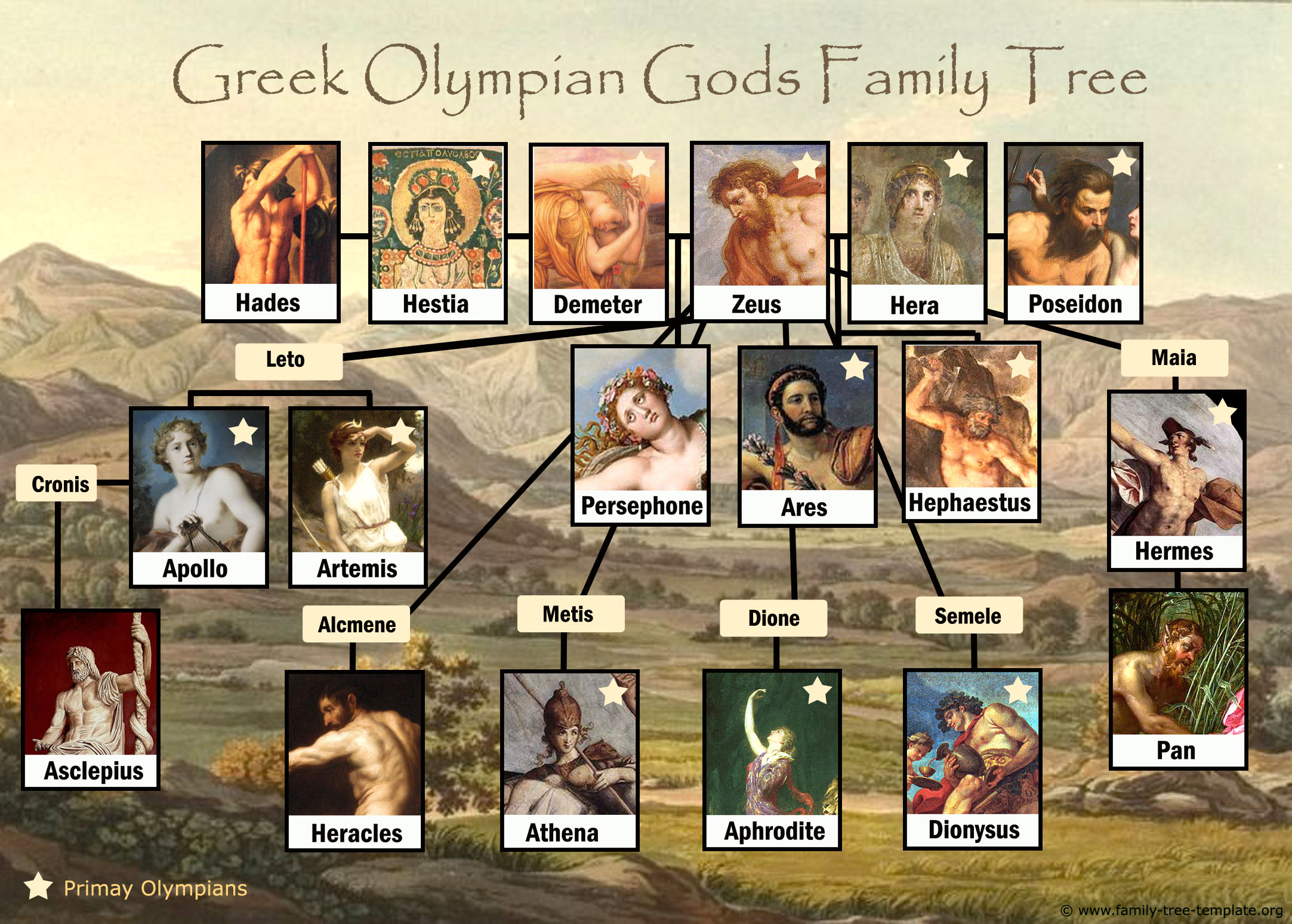- Did you know that class starts at 8:10 all week?
- Get your Twin/Squad Day gear ready for Monday...oh boy.
Word Parts Quiz on Examplify
Power of One...POO
- When you finish, begin tonight's homework by reading Ch.3.
Power of One...POO
- Use your discussion questions from J12 to lead small group discussions with close neighbors.
- Anything worth sharing with the whole class?
- Share your research questions and perfect your own.
Essays Returned
HW: Journal 13: Read Ch. 3 and answer these questions..
1. In what ways has PK gained strength or made the best out of his situation?
2. How has the motif of water continued to add meaning and show PK's identity?
3. How has the five-year old narrator become an advantageous writer's choice?
- And the social experiment is....
- You have TWO weeks to make corrections and come to see me. You only get one visit, so perfect well the first time. You may earn up to five points above your original score.
- Click here for Thesis Instruction (You MUST have a CAB thesis to improve essay score at all)
- Click here for instruction on avoiding personal pronouns.
HW: Journal 13: Read Ch. 3 and answer these questions..
1. In what ways has PK gained strength or made the best out of his situation?
2. How has the motif of water continued to add meaning and show PK's identity?
3. How has the five-year old narrator become an advantageous writer's choice?
